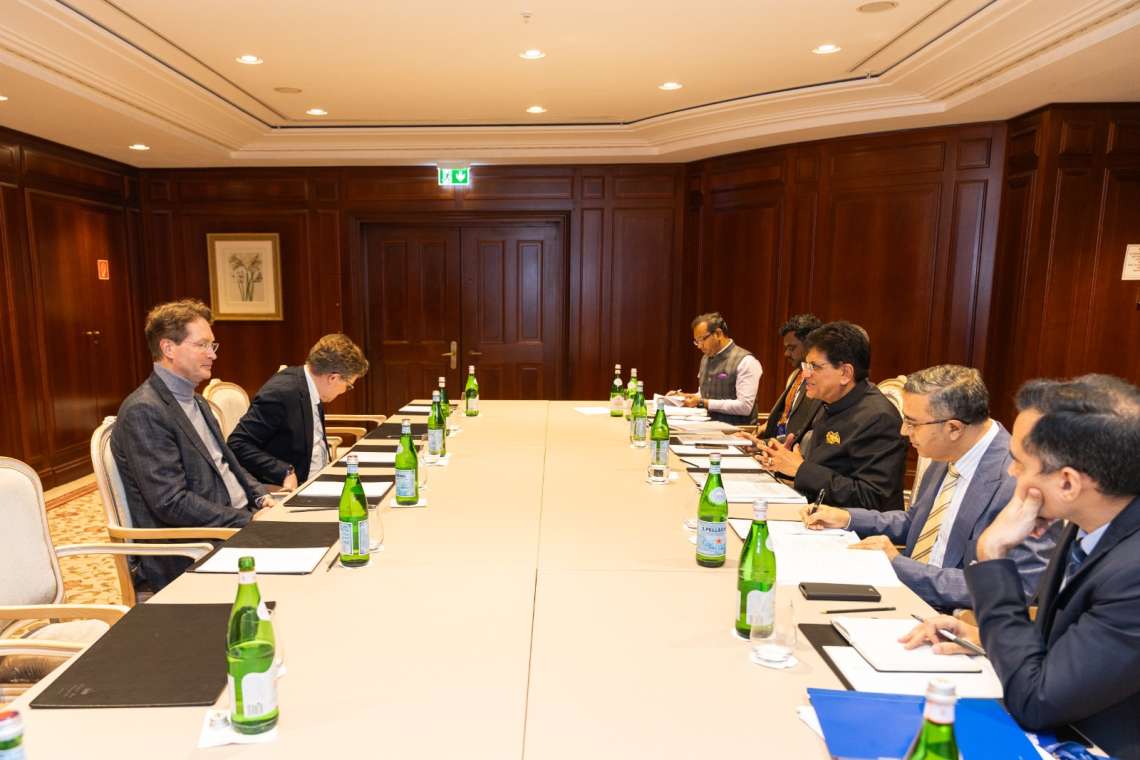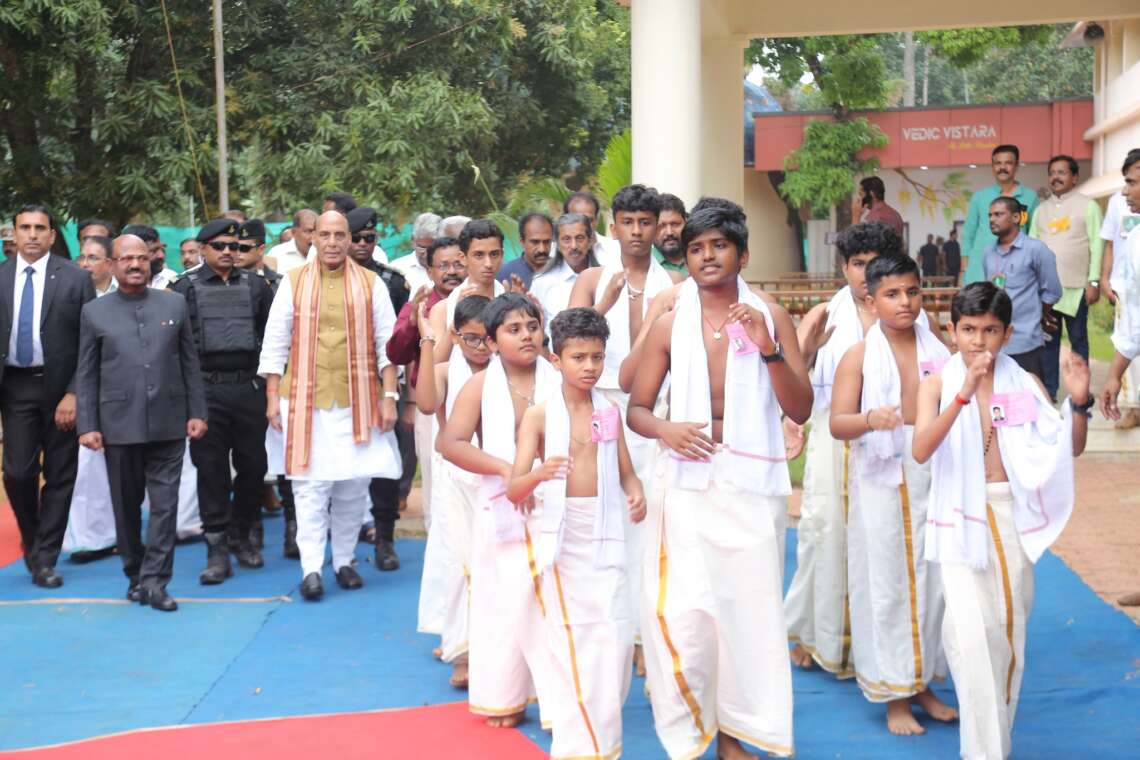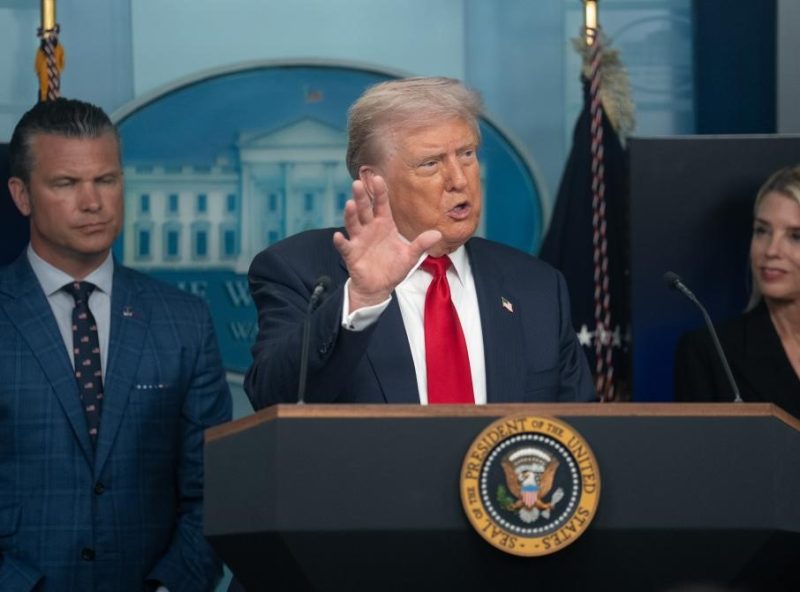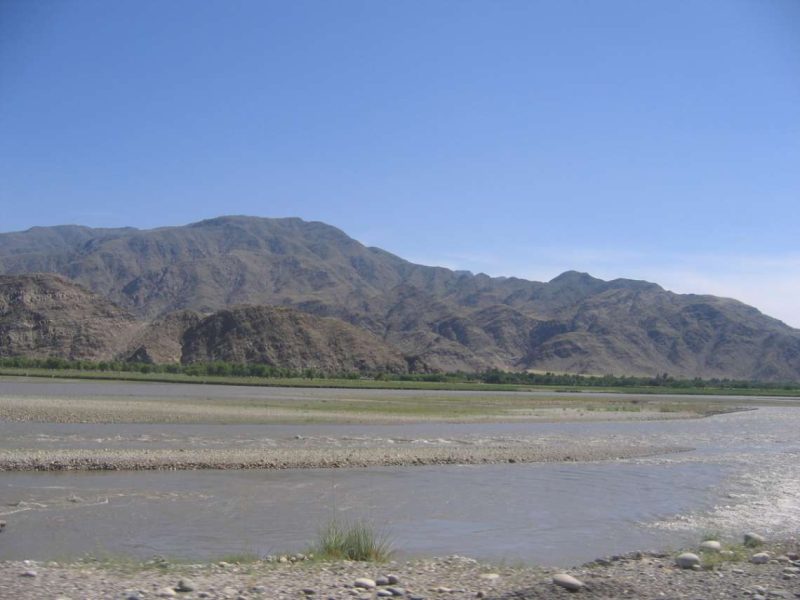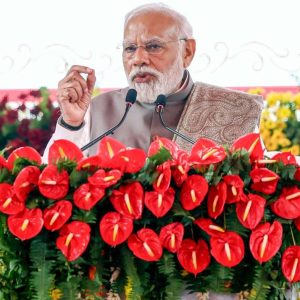India’s 443rd Post Office Passport Seva Kendra inaugurated to improve access to passport services in remote villages in the tribal-dominated Araku Valley in Andhra Pradesh.
The Ministry of External Affairs (MEA), in collaboration with the Department of Posts, inaugurated a new Post Office Passport Seva Kendra (POPSK) in the tribal region of Araku in Andhra Pradesh’s Alluri Seetharamaraju district on Wednesday. This marks the 443rd POPSK in the country and the 8th under the jurisdiction of the Regional Passport Office (RPO) Visakhapatnam.
The inauguration ceremony was attended by Gumma Thanuja Rani, Member of Parliament for Araku; Regam Matyalingam, MLA of Araku; KJ Srinivasa, Joint Secretary (Passport Seva Programme) and Chief Passport Officer from the MEA; and other senior officials.
This initiative aligns with the government’s mission to make essential passport services accessible to citizens in remote and underserved regions. The new POPSK will serve residents of villages in the tribal-dominated Araku Valley, covering assembly segments such as Araku, Palakonda, Kurupam, Parvathipuram, Paderu, and Rampachodavaram within the Araku parliamentary constituency.

This initiative aligns with the government’s mission to make essential passport services accessible to citizens in remote and underserved regions.
Speaking at the event, Thanuja Rani highlighted the significance of the new Seva Kendra in enhancing public service delivery for the local community. The facility will initially handle 50 appointments daily, with the capacity to scale operations based on demand, according to the MEA.
In recent years, the Government of India has launched several e-Governance initiatives to enhance public service delivery, including reforms in passport services. Through the Passport Seva Programme (PSP), the MEA’s Central Passport Organization (CPO) provides services via Passport Offices, Passport Seva Kendras (PSKs), and Post Office Passport Seva Kendras (POPSKs).
The new POPSK in Araku reflects the government’s commitment to bridging the accessibility gap in tribal and rural areas, ensuring convenience and efficiency in public service delivery.
ALSO READ: At Davos, ‘India First’ approach takes centrestage





